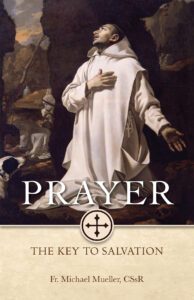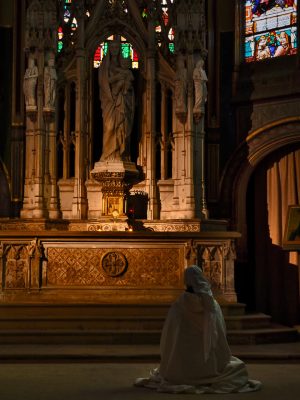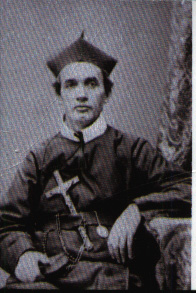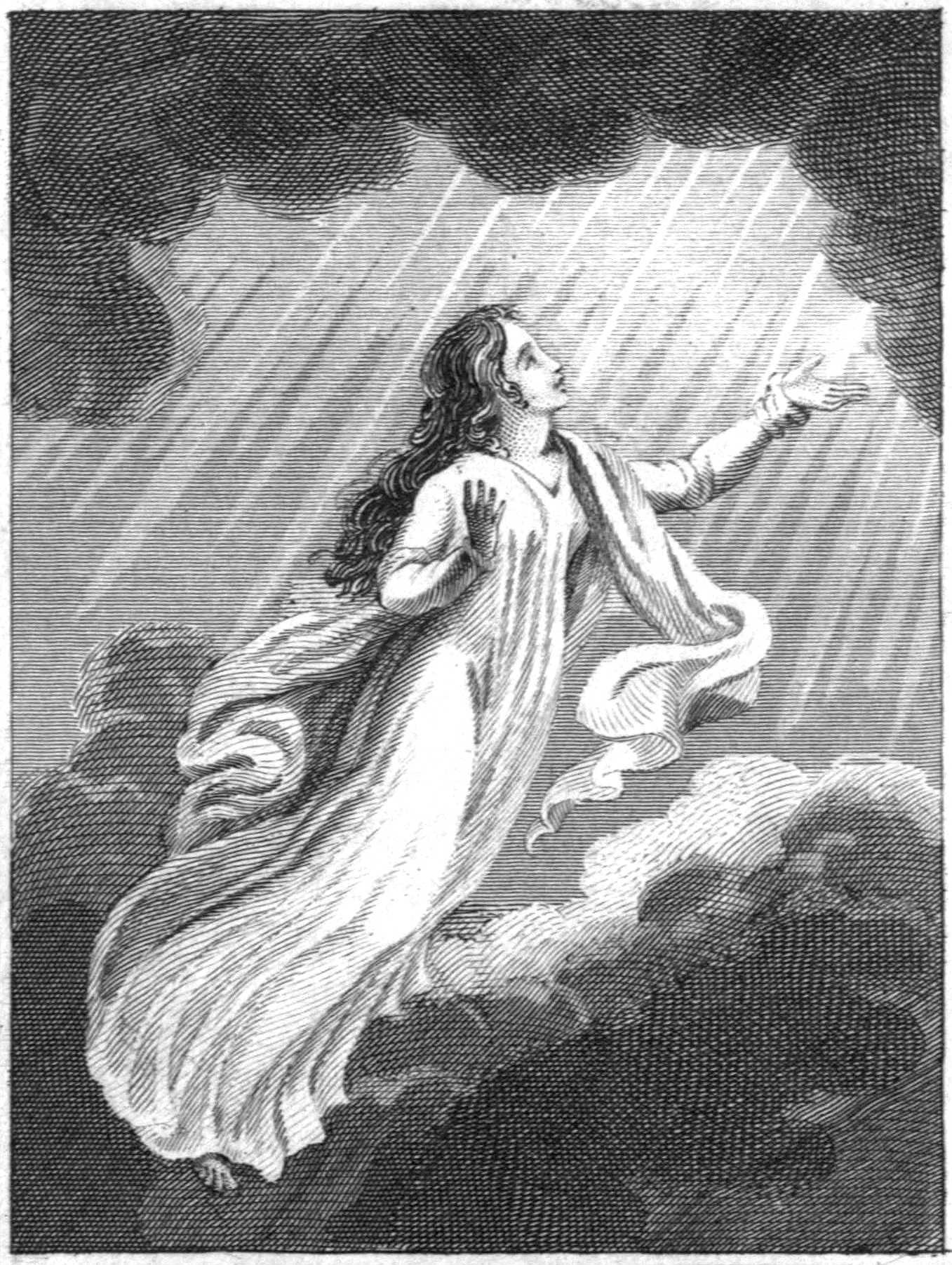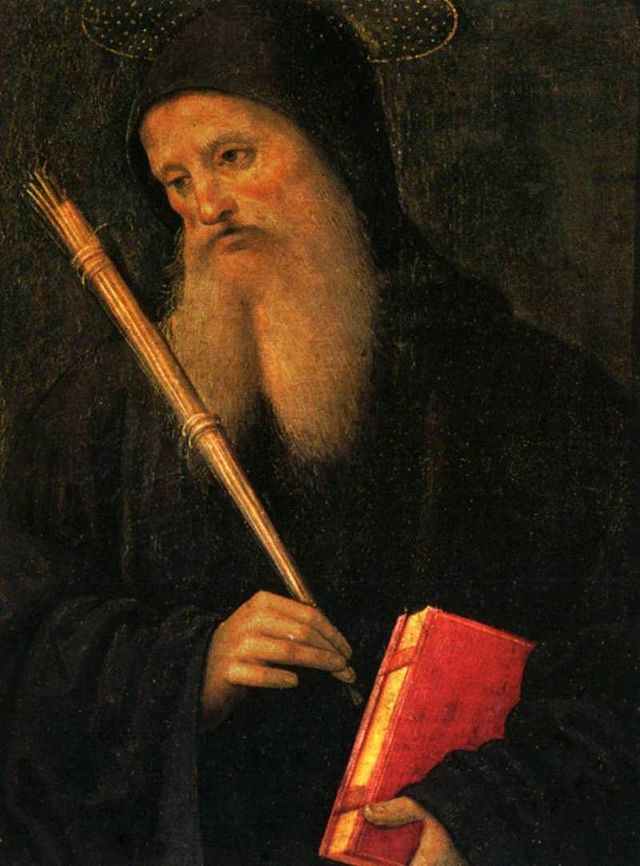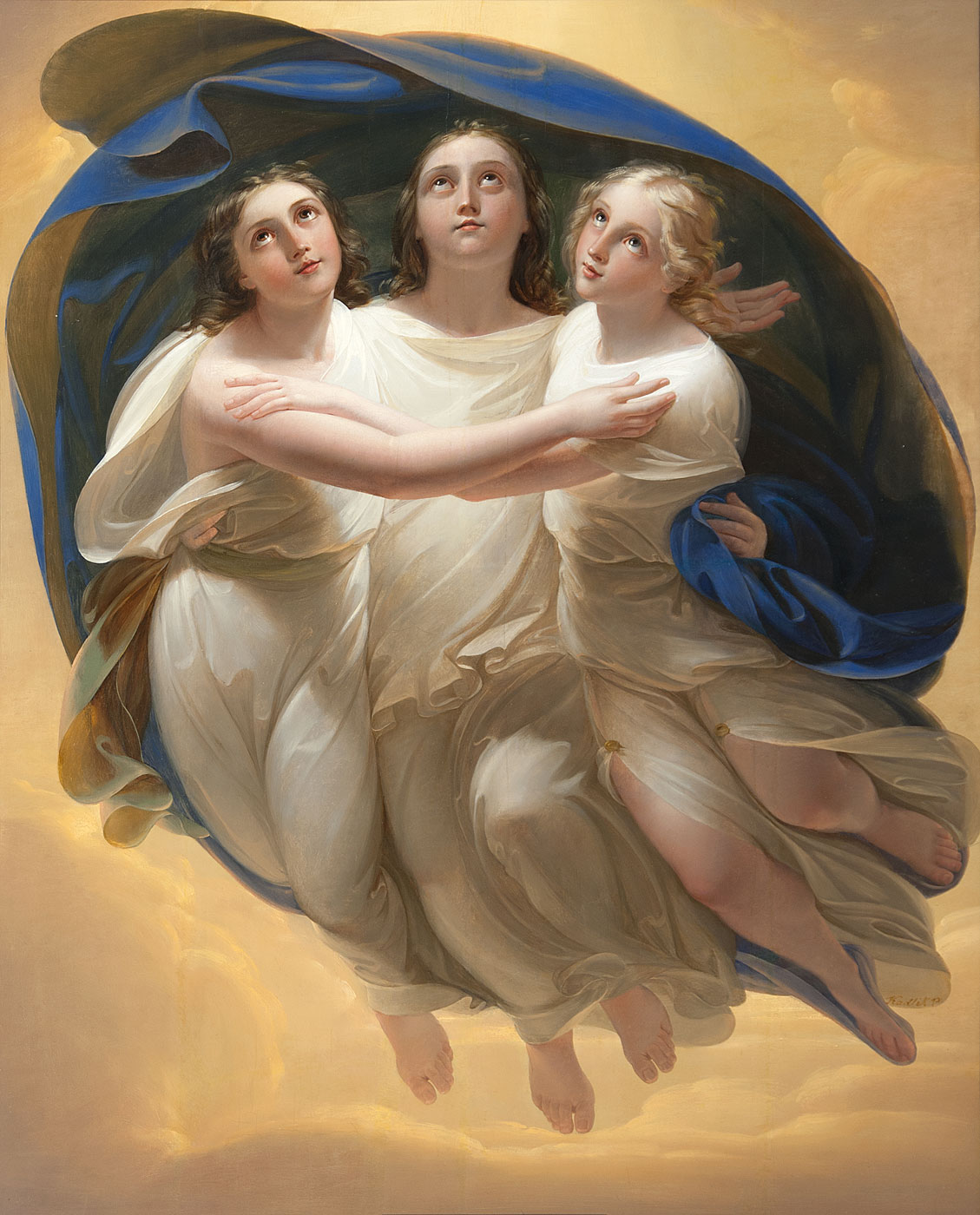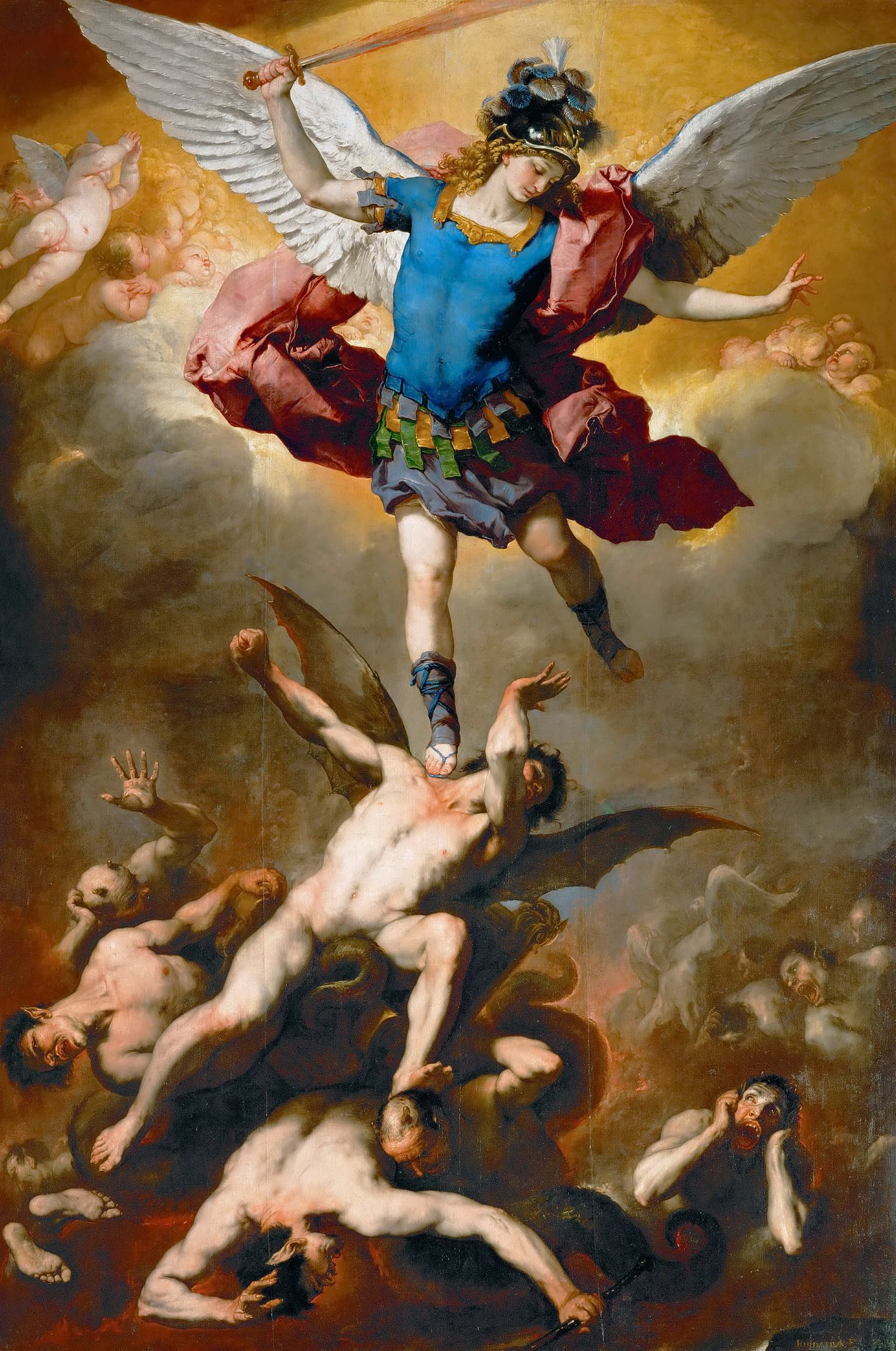St. Teresa was accustomed to offer herself to God fifty times in the day. St. Martha used to pray a hundred times in the day, and a hundred times in the night. St. Francis Borgias, also, was accustomed to pray a hundred times every day. St. Philip Neri made a kind of rosary of the words: “O God, come to my aid; O Lord, make haste to help me.” He recited this rosary sixty-three times in the day, and enjoined on his penitents to do the same. St. Gertrude repeated the prayer: “Thy will be done on earth as it is in Heaven,” three hundred and sixty-five times a day.
St. Leonard of Port Maurice recommended himself to the Blessed Virgin Mary two hundred times in a day. St. Francis de Sales was accustomed to offer up short and fervent prayers during the day, and thus kept himself in the presence of God, even amidst his many pressing occupations. Blessed Brother Gerard, C.S.S.R., was often beaten by his foreman, who could not bear to see him praying at his work. St. Elizabeth of Hungary was accustomed, in her childhood’s days, to steal away from her playmates during their childish sports, and offer up a “Hail Mary.”
A certain saint never offered up any other form of prayer during thirty years than the simple words: “Lord, have mercy on me!” At the end of this time, the Lord poured out His mercy upon him most abundantly, bestowing on him a high degree of contemplation, and raising him to an eminent sanctity. St. Leonard of Port Maurice used to say that we should not let a moment pass without repeating the words: “Have mercy on me. O Jesus, have mercy on me!” He said that he knew a man who repeated this prayer: “Jesus, have mercy on me!” one hundred times in less than an hour.
St. Bartholomew used to offer to God two hundred adorations daily. We read in the Roman Breviary that St. Patrick, when guarding his master’s flock, prayed to God a hundred times in the day and a hundred times in the night; and, when a bishop, he daily said the entire Psalter, containing one hundred and fifty Psalms, and many canticles and hymns, besides two hundred other prayers; he also made three hundred genuflections every day, in honor of the Blessed Trinity, and the Sign of the Cross one hundred times at each canonical hour.
Before St. Margaret of Cortona had been raised by God to a high degree of prayer, she was accustomed to pass the time of meditation in reciting the “Our Father.” She recited this beautiful prayer as much as a thousand times during the day. She said three hundred “Pater Nosters” in honor of the Blessed Trinity; one hundred in honor of the Blessed Mother of God; one hundred for each of her nearest relations; one hundred in atonement for her sins; one hundred for the Franciscan Order; one hundred for the people of Cortona; one hundred for those who offended her, and many hundred more for the Sovereign Pontiff, for all ecclesiastical Orders, for sinners, heretics, schismatics, Turks, Jews, and heathens.
St. Alphonsus, before going to sleep, used to make the following acts of devotion: ten acts of love; ten acts of confidence; ten acts of sorrow; ten acts of conformity to the will of God; ten acts of love to Jesus Christ; ten acts of love to the Blessed Virgin; ten acts of love to Jesus in the Blessed Sacrament; ten acts of confidence in the Blessed Virgin; ten acts of resignation in suffering; ten acts of abandonment to God; ten acts of abandonment to Jesus Christ; ten acts of abandonment to the Blessed Virgin Mary, and ten petitions to know and do the will of God. Now if this saint made so many acts of devotion before going to sleep, how many must he not have made in the course of the entire day?
This article is taken from a chapter in Prayer: The Key to Salvation by Fr. Michael Mueller, which is available from TAN Books.
